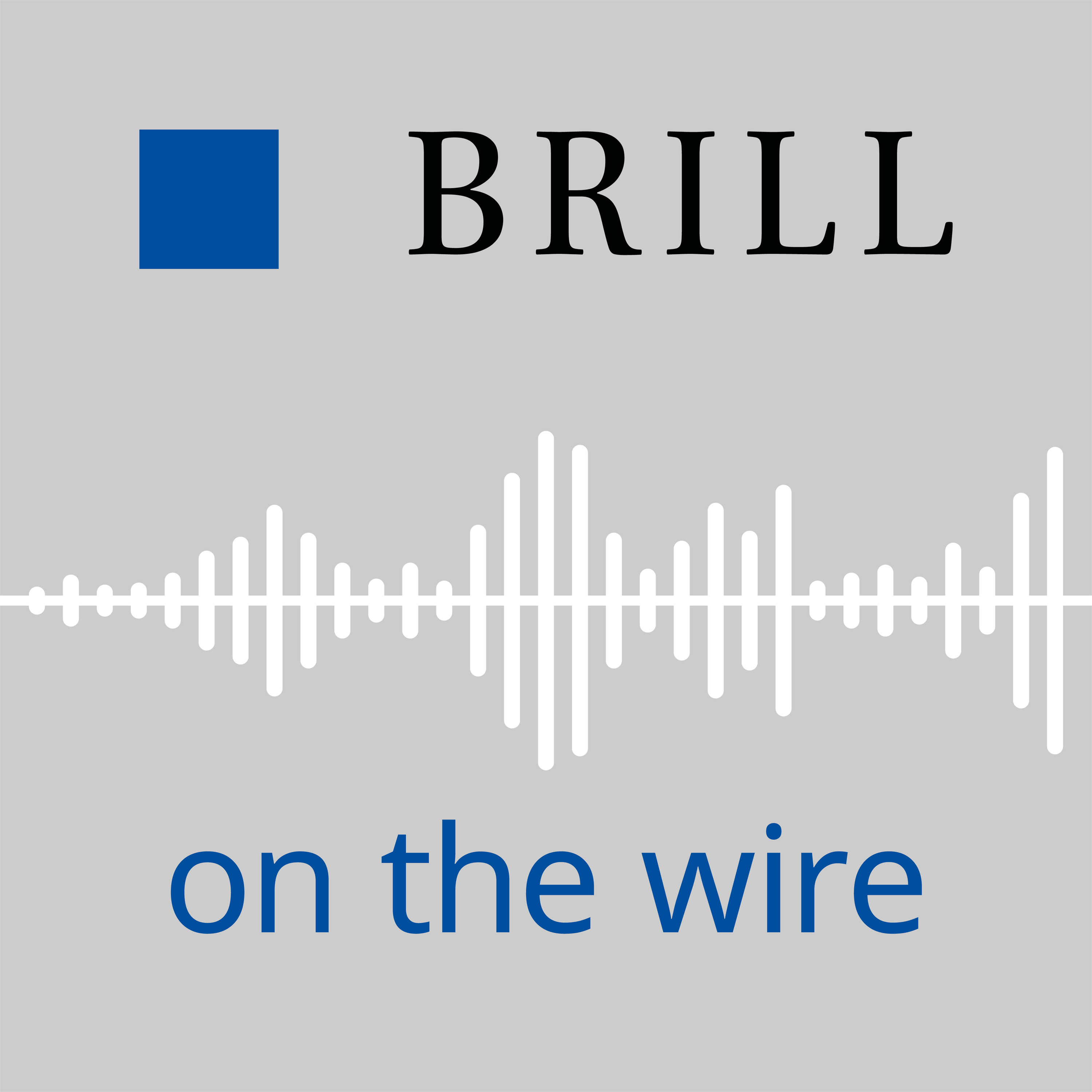Farabi Fakih, "Authoritarian Modernization in Indonesia's Early Independence Period" (Brill, 2020)There has been a resurgent global interest in the origins and formation of authoritarian regimes as many states around the world drift away from liberal democracy. Indonesia’s experiences with such an authoritarian turn in the 1950s and 1960s offers many lessons from history. In Authoritarian Modernization in Indonesia’s Early Independence Period (Brill, 2020), Farabi Fakih offers a historical analysis of the foundational years leading to Indonesia’s New Order state (1966-1998) during the early independence period. The study looks into the structural and ideological state formation during the so-called Liberal Democracy (1950-1957) and Sukarno’s Guided Democracy (1957-1965). In particular, it analyses how the international technical aid network and the dominant managerialist ideology of the period legitimized a new managerial elite. The book discusses the development of managerial education in the civil and military sectors in Indonesia. The study gives a strongly backed argument that Sukarno’s constitutional reform during the Guided Democracy period inadvertently provided a strong technocratic blueprint for the New Order developmentalist state.
In this podcast, we discuss the concept and range of authoritarian modernization, Sukarno’s Guided Democracy as a revolution, the formation of a military elite and the connection between Cold War technical aid and democratic decline.
Farabi Fakih is a lecturer at the History Department at Gadjah Madah University in Indonesia and the head of the department’s graduate program. He received his PhD from Leiden University in 2014. His research interests center on Indonesian urban history and the political economy of the Indonesian state.
Faizah Zakaria is an assistant professor of history at Nanyang Technological University in Singapore. You can find her website here or on Twitter @laurelinarien
# Managerial EliteA class of leaders and administrators that emerged during Indonesia's early independence, heavily influenced by managerial ideologies and education.
